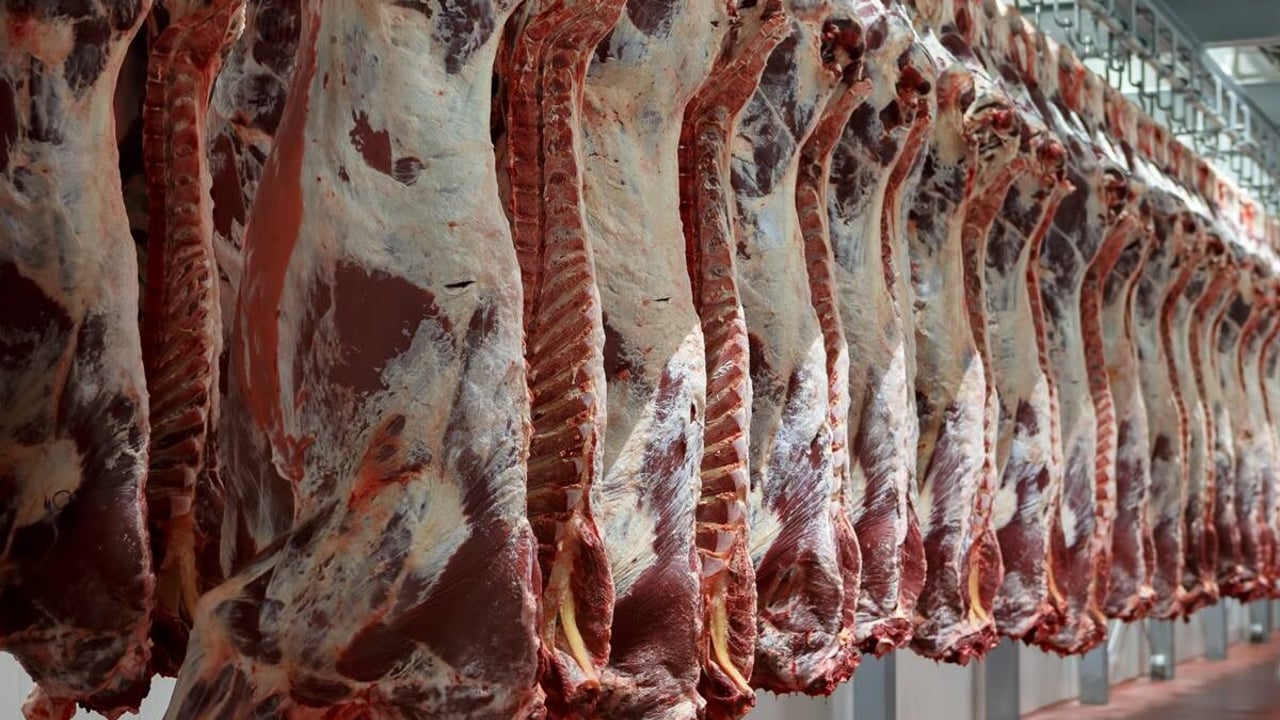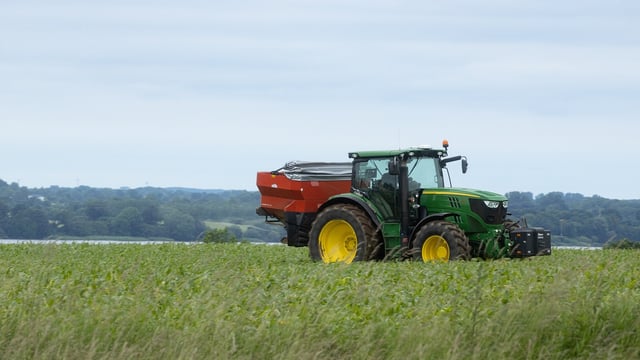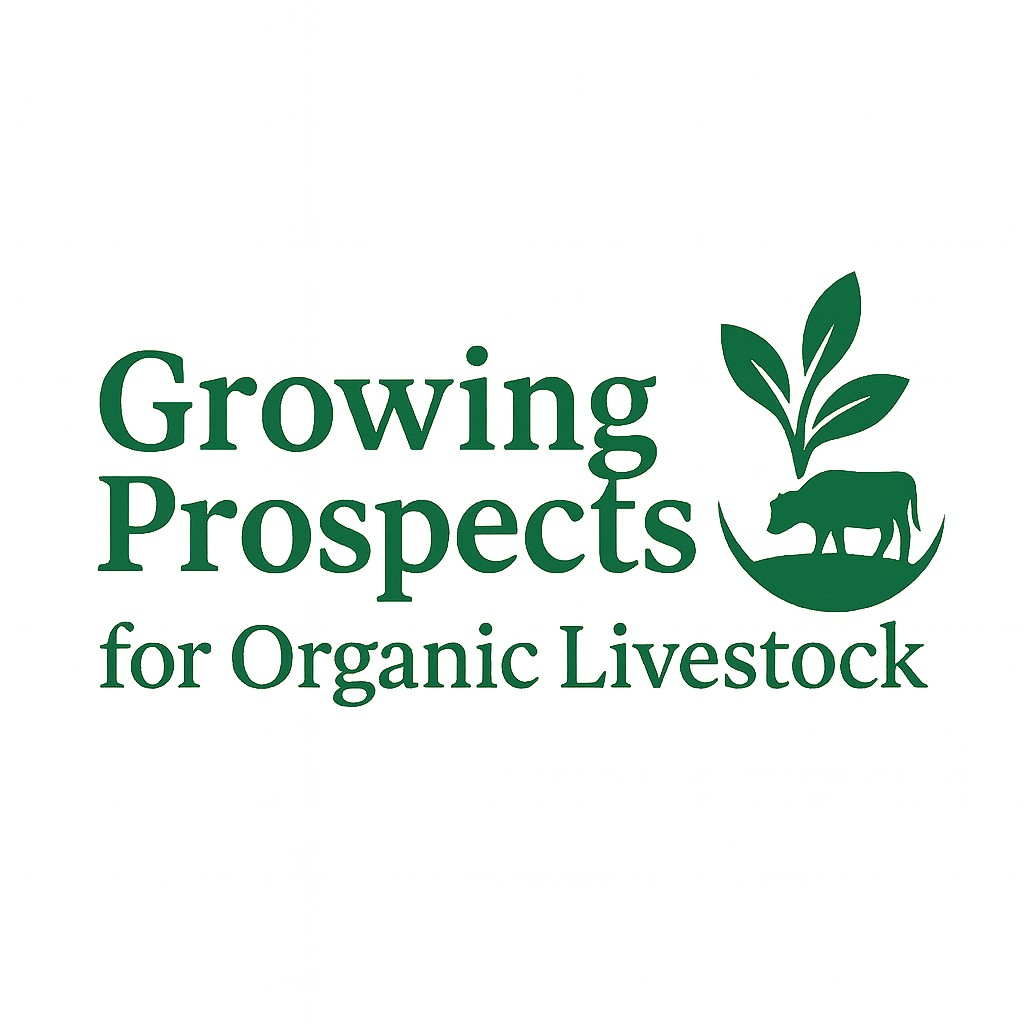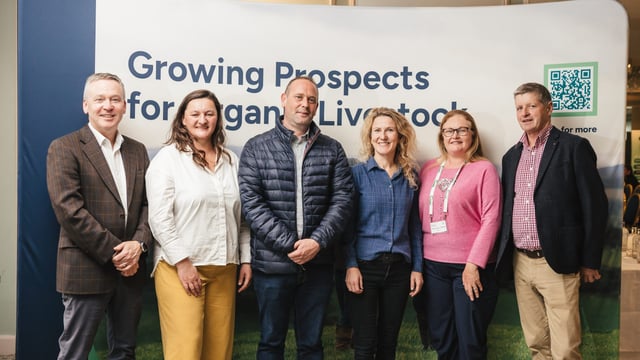Tóibín: Govt against bill banning below cost sale of beef
The Aontú Equitable Beef Price Bill which reached second stage in the Dáil this week will be opposed by the government, according to the party's leader.
Commenting on the government decision, the author of the bill, Meath West TD, Peadar Tóibín stated: “This is an incredibly disappointing decision by the government. FF supported this bill when they were in opposition and now seek to shut down this opportunity to protect farm prices.
"Farming is in crisis in Ireland. Factories and supermarkets are squeezing farm prices all of the time. Often pushing prices below the cost of production.
"Turn that around for a second... imagine if someone asked a minister to work a 70-hour a week, attend the Dáil, develop legislation, meet and represent constituents.
"Imagine if they asked you to do it for a wage less than the actual cost of doing the work. You would tell that person to get stuffed. No other sector would accept it," Tóibín added.
According to the Aontú TD, a report by Teagasc has indicated that across all farm types, average incomes have dropped by 57% in 2023 to just under €20,000.
Tóibín described this as a "massive fall" adding that "if it were to happen in any other sector, it would be front page news and it would dominate the Dáil debates. It shows beyond a doubt that farming is no longer a sustainable livelihood for most families".
According to Teagasc, one third of farmers are making a loss and the Aontú leader has said that many are going into debt and many of them are in poverty.
He continued: "That’s an incredible situation. One of the most important sectors in society, the sector that produces our food and the sector that’s the backbone of our rural community, is collapsing.
"Even if you had no interest in farming families or rural Ireland, this is a very serious issue. If there are no farmers, there is no food and as a result there is no future. Food security has increased in importance in the last few years.
"The Russian invasion of Ukraine shut down so many supply chains leading to products not being available but also to significant inflation.
"Covid-19 too shut down so many supply chains and created enormous product inflation. Even the Suez Canal blockage had an effect on supply and prices in some areas. Food security necessitates a viable farming sector," he added.
Tóibín has argued that the loss of farms will also impact heavily on the viability and economy of rural areas.
The Meath TD added: "Food production is a multibillion euro industry. It’s a highly profitable industry.
"There are three elements in the food supply chain. Farmer, food processors and supermarkets. Farmers do by far the most work but they receive the least amount of profit.
"Food processors on the other hand are very profitable... supermarkets are also raking the profits in," he added.
Tóibín added hat in order to resolve the crisis for beef farmers, a stronger competition authority is required.
"We don’t have that yet. In the short-term we must seek to rebalance the market to ensure the fairer distribution of profits to all aspects of the food supply chain," he continued.
"The first step along that way is the Aontú Equitable Beef Pricing Bill. If enacted, this bill would ban the below-cost sale of beef, ensuring that farmers make at least a breakeven price for their produce.
"This would strengthen the hand of farmers in their negotiations with factories and supermarkets."
The Aontú bill states that a person acting in the course of business shall not purchase beef from a farmer for a price less than the minimum amount.
According to the party, a minimum amount specified by an order shall not be less than the relevant average breakeven point most recently published by Teagasc.
Aontú said it acknowledges that the bill is "not perfect" but would be a "monumental" step forward, claiming it would put a floor under farm incomes and would increase the welfare and sustainability of farming families.






